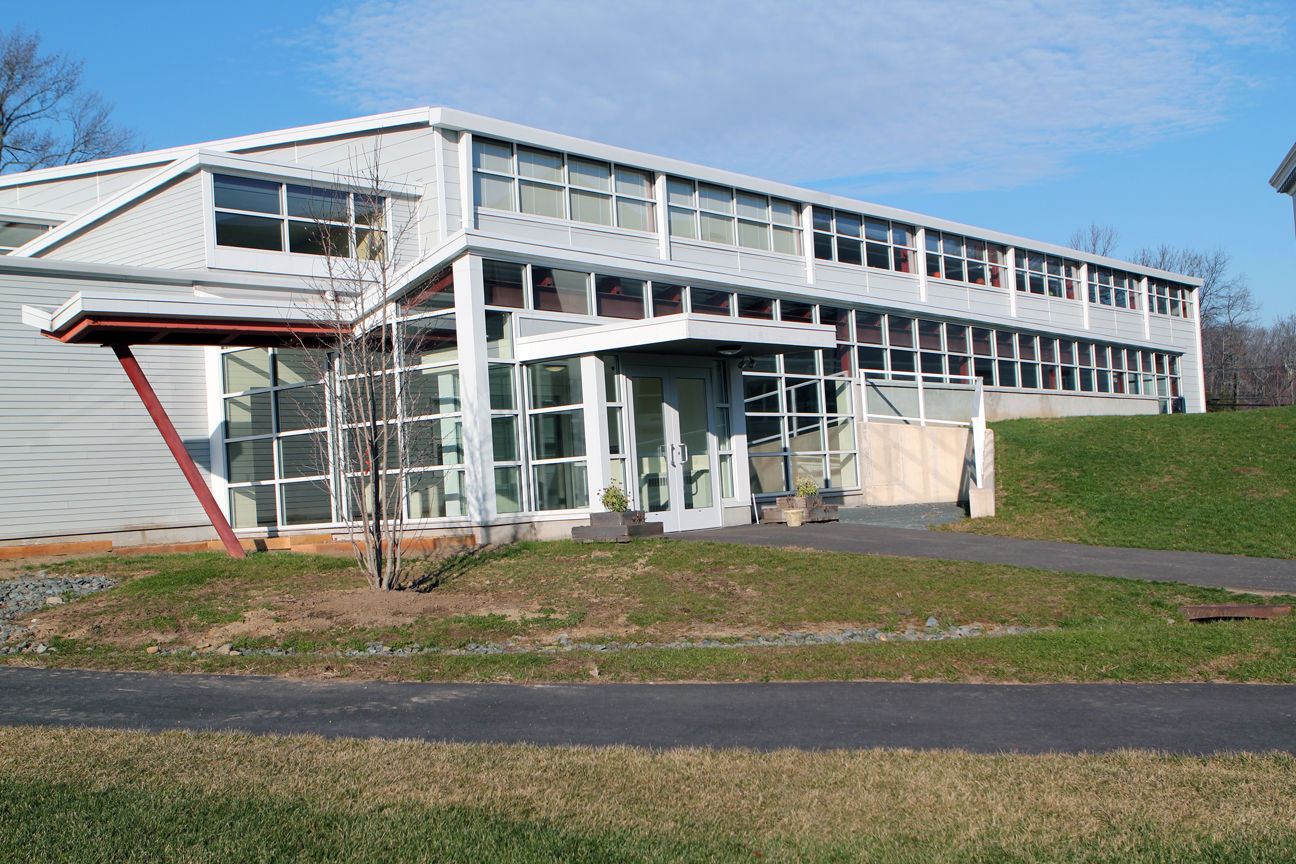By Erica Chayes Wida, Staff Writer
Since its formation in 1995, Princeton Charter School teaches to the beat of its own drum —cultivating a private school ethos within a public school framework.
Operating on tax revenue as well as some donations, the school currently is authorized to educate 348 children whose attendance is determined by a random lottery every winter. Younger siblings of selected students are given a seat automatically, keeping families together.
To meet a Dec. 1 deadline, the PCS board of trustees petitioned the state Department of Education to implement a weighted lottery that would give a two-to-one advantage for students who qualify for free and reduced lunch. This effort to increase access and equity was coupled with a request to expand grades K-2 from one class of 19, 21 and 22 students, respectively, to two.
But the expansion proposal may have re-ignited old tensions between Princeton Charter School and Princeton Public Schools.
Head of School Larry Patton and Board of Trustees President Paul Josephson stated the expansion decision came as a result of a “perfect storm” of events. As PCS began discussing a weighted lottery to make the school more attractive to lower income families, Princeton Public Schools Superintendent Steve Cochrane announced at the August board meeting that the projected number of new students, particularly at the elementary level, was going to be much higher than expected.
“We asked ourselves, ‘What steps can we reasonably take in this school to keep it true to our mission and operating successfully while taking a meaningful number of students off the district’s hands to help them solve the enrollment problem?’ We want to be part of the solution. … We want to relieve the pressure,” Mr. Josephson said.
Though Mr. Patton said the relationship between PCS and PPS — one that has experienced strain since the charter school’s inception — has improved significantly since Mr. Cochrane’s hire nearly three years ago, tensions have seemed to resurface. At PCS’s announcement of expansion to the community and to the public schools, Mr. Cochrane released a statement against the proposal.
“This proposal, if approved, will leave the district with less money to educate the 3,700 students in our schools — even as the needs and numbers of those students continue to rise,” the statement read. “[It] puts the Princeton Public Schools and the Princeton Charter School at cross purposes. It takes from one to enhance the other. In a town that truly values cutting-edge public schools, we should be working with PCS to consolidate our two separate districts. This would actually save money and serve all students far better. It would also, in one move, help to alleviate the district’s space needs for years to come. We would welcome creative thinking about ways to combine our resources with those of the Princeton Charter School to increase our collective economy of scale and to enhance the learning for all the children in this community.”
It was clear from an interview following Mr. Cochrane’s statement that the charter school is in disagreement with some of the compromising numbers listed but optimistic about moving forward.
Mr. Josephson spoke passionately about the school’s success as part of the infrastructure and as an alternative to the public school system, which may not fit the needs of all students. Both he and Mr. Patton were adamant about alleviating the disputes between schools and becoming kind and collaborative entities.
“We have the opportunity to save money and I am looking forward to talking with the district to see if we can have any tax increase minimized. We think we can educate children at a lower cost than the district ($14,000 to $15,000 versus approximately $24,000),” Mr. Josephson said.
“This is a town that cares about education; that’s what binds us together,” he said. “It is incumbent on all of us that we honestly present and debate the facts. We can challenge each other’s opinions but we should never attack each other personally — and it’s hard because this is the single most important subject for voters and parents because ‘this is my kids.’ There is nothing more important. We should talk to each other as if our children are watching, because our children are watching.”

